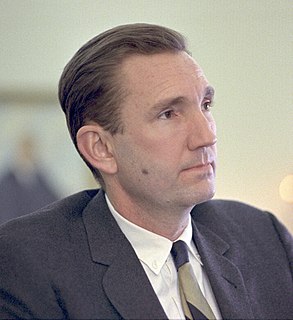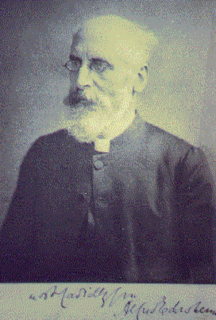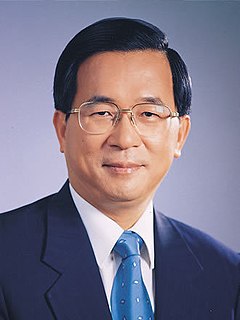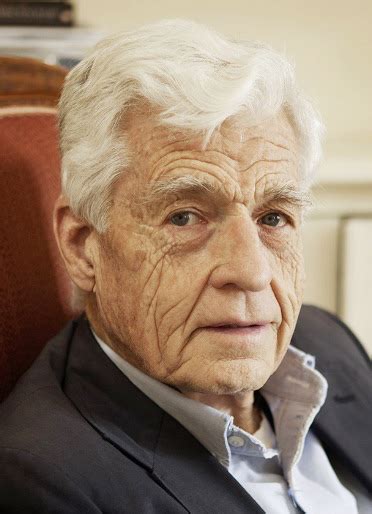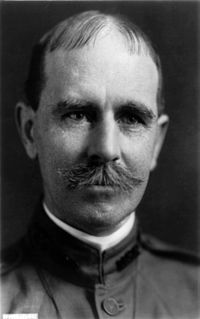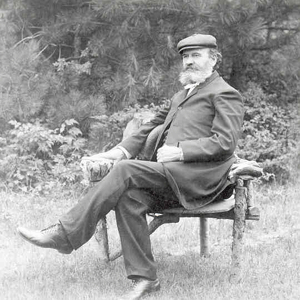A Quote by Zachary Quinto
[Edward Snoden] has said many times that he's willing to come back and face trial if he can be guaranteed a fair trial, but the likelihood of that is so slim.
Quote Topics
Related Quotes
We cannot understand the meaning of many trials; God does not explain them. To explain a trial would be to destroy its object, which is that of calling forth simple faith and implicit obedience. If we knew why the Lord sent us this or that trial, it would thereby cease to be a trial either of faith or of patience.
Well, almost everything is open - the political documents, the (unintelligible) of cabinet meetings. What has been opened now and what had been closed are things that many governments still close, and that is police files and trial records, trial records of the special courts set up by Vichy. And especially interesting are the trial records of the Purge Trials after the war.
There are two ways of getting out of a trial. One is simply to try to get rid of the trial, and be thankful when it is over. The other is to recognize the trial as a challenge from God to claim a larger blessing than we have ever had, and to hail it with delight as an opportunity of obtaining a larger measure of divine grace.





